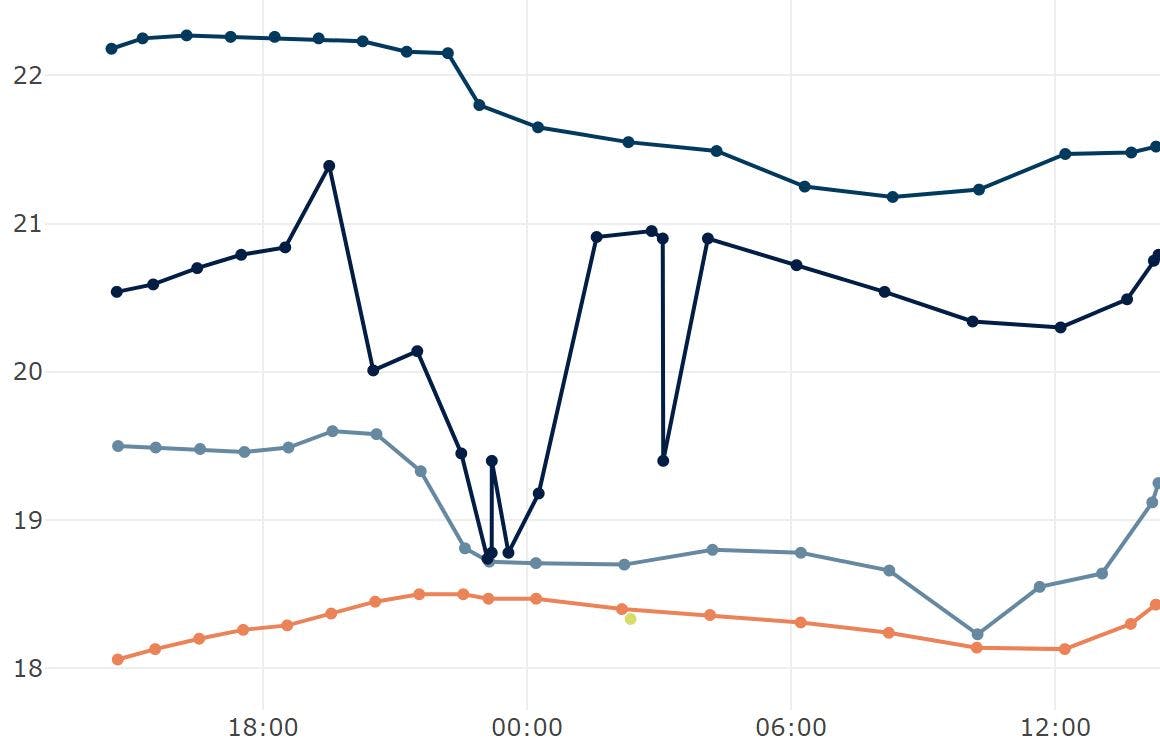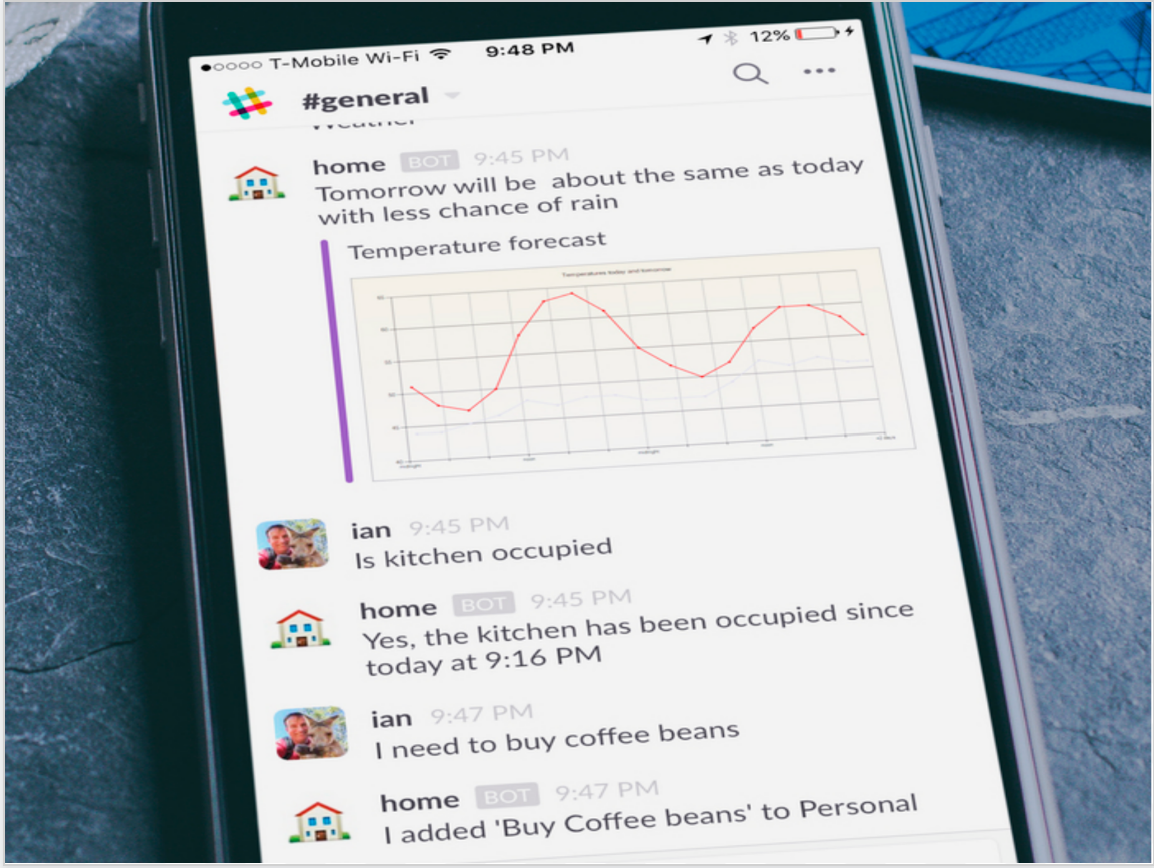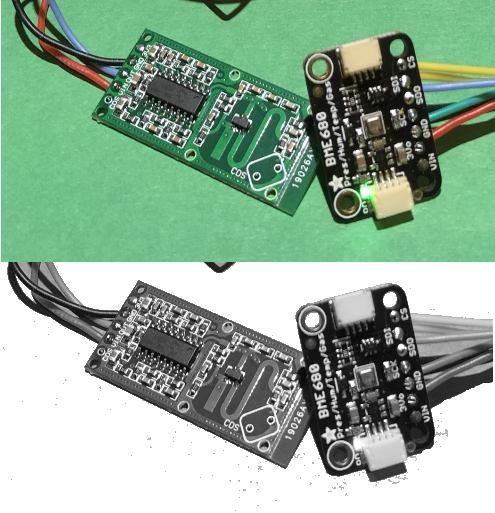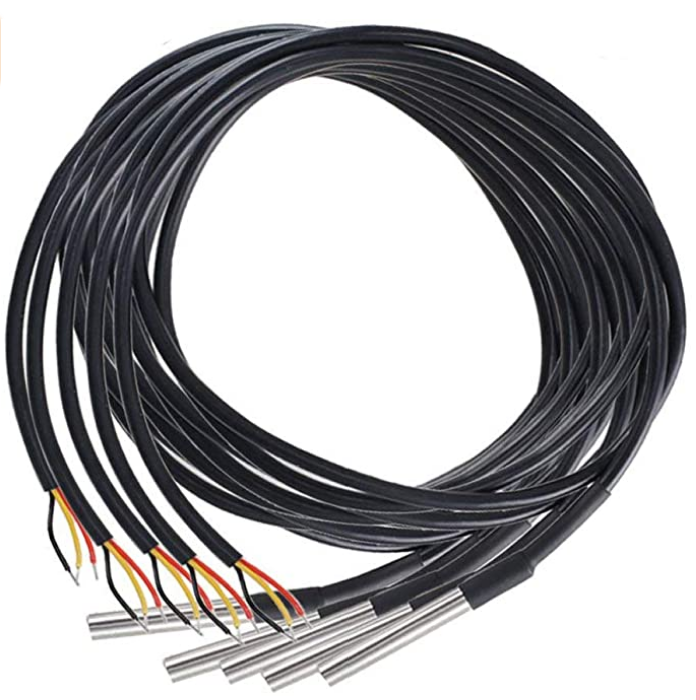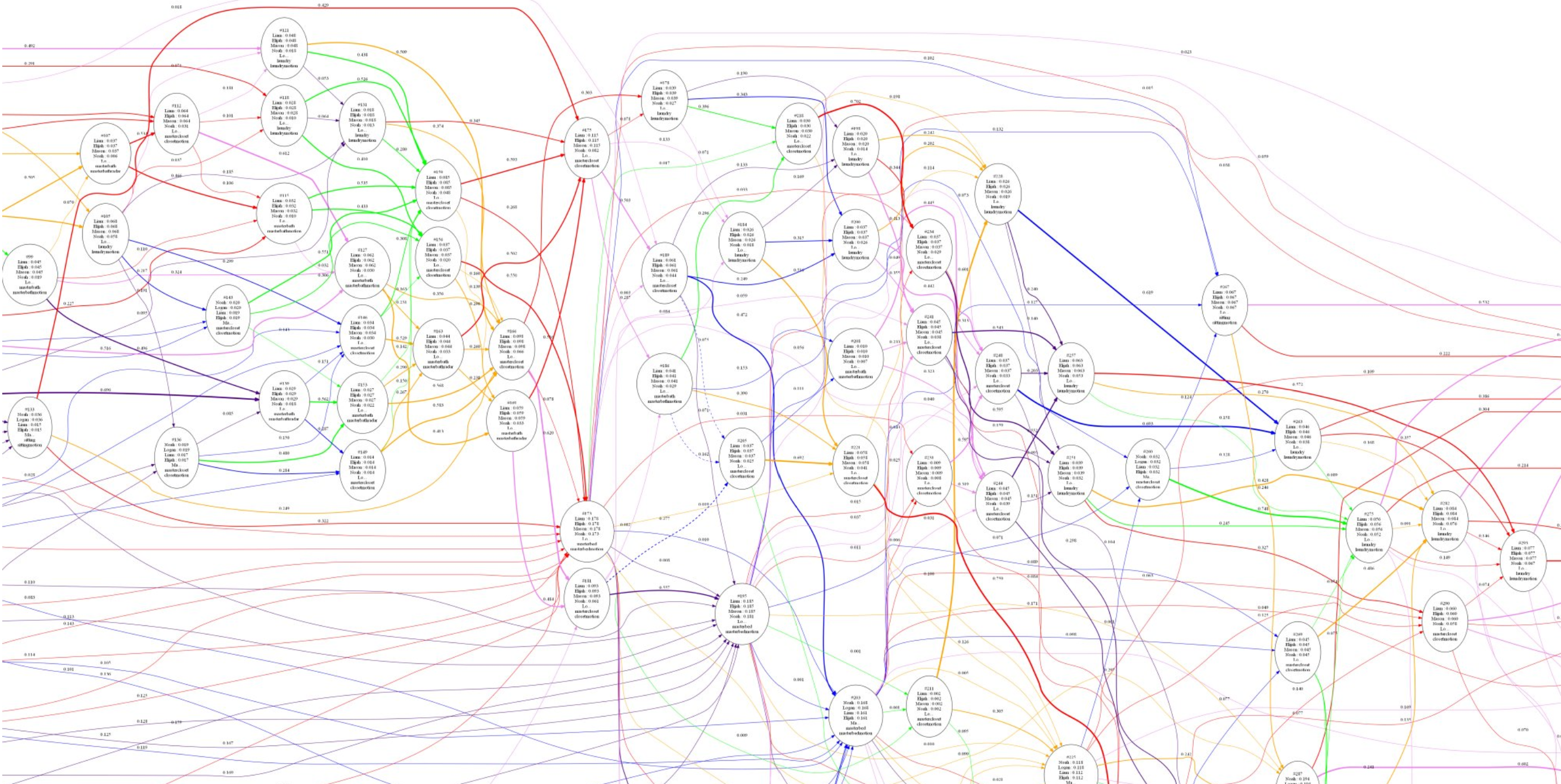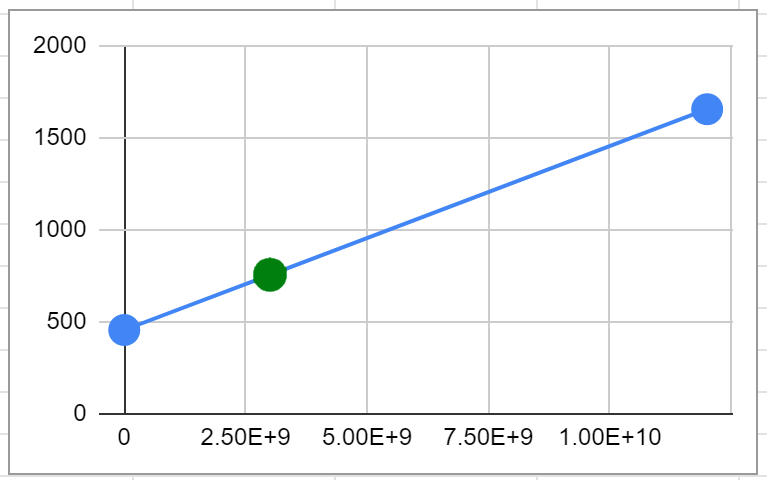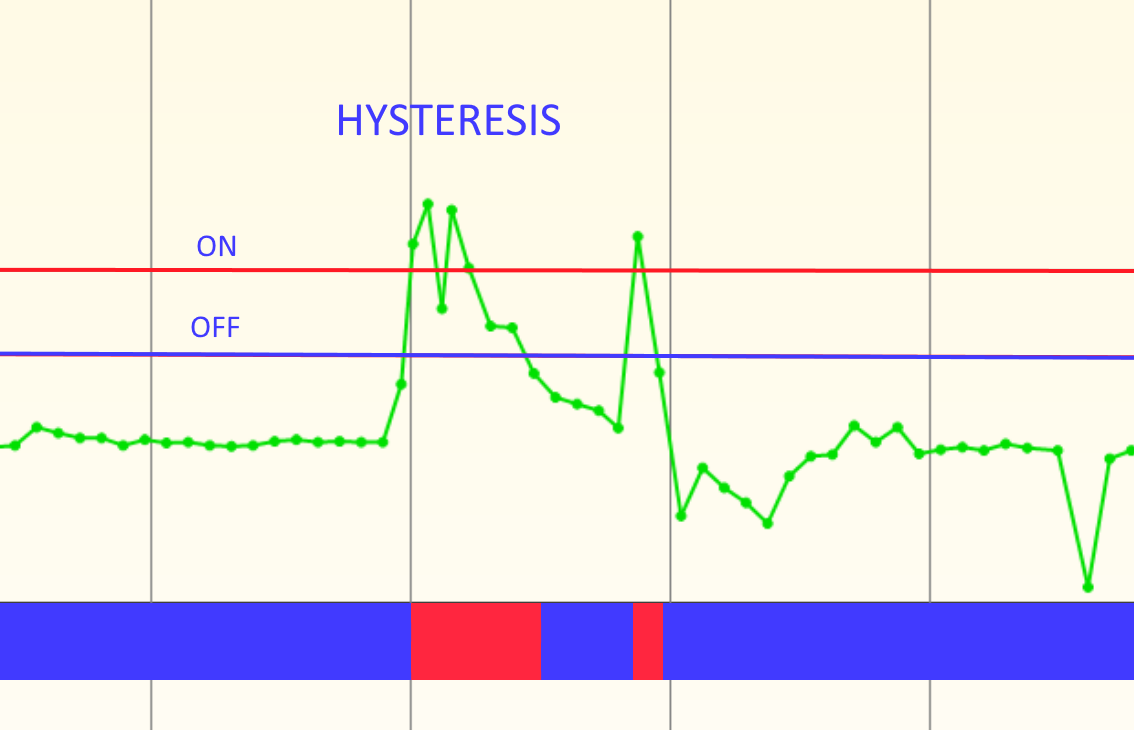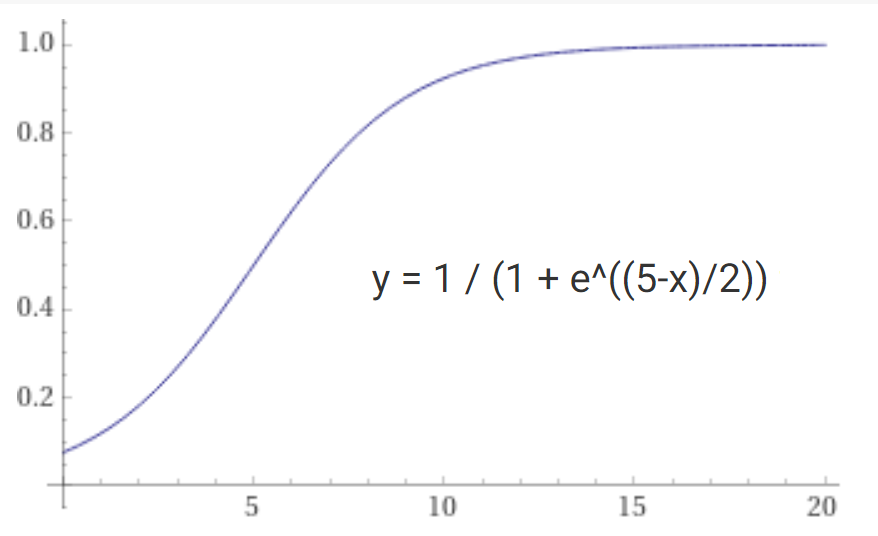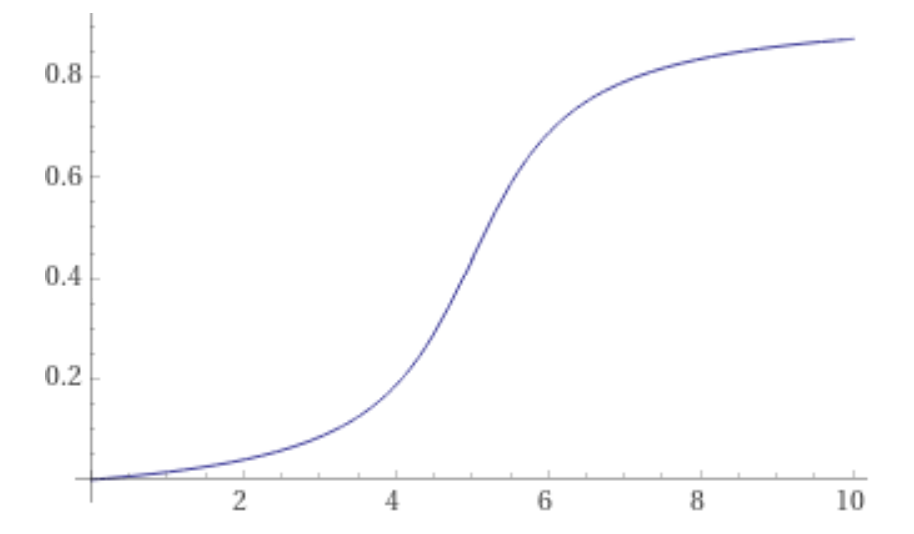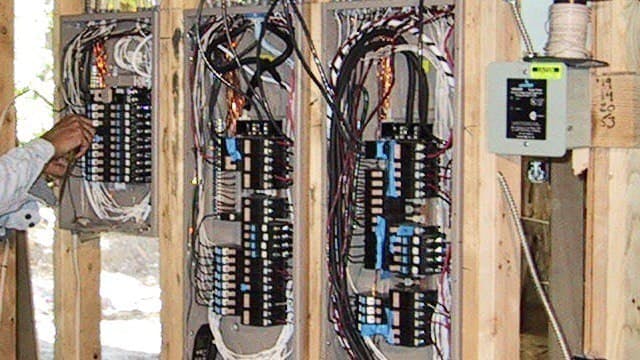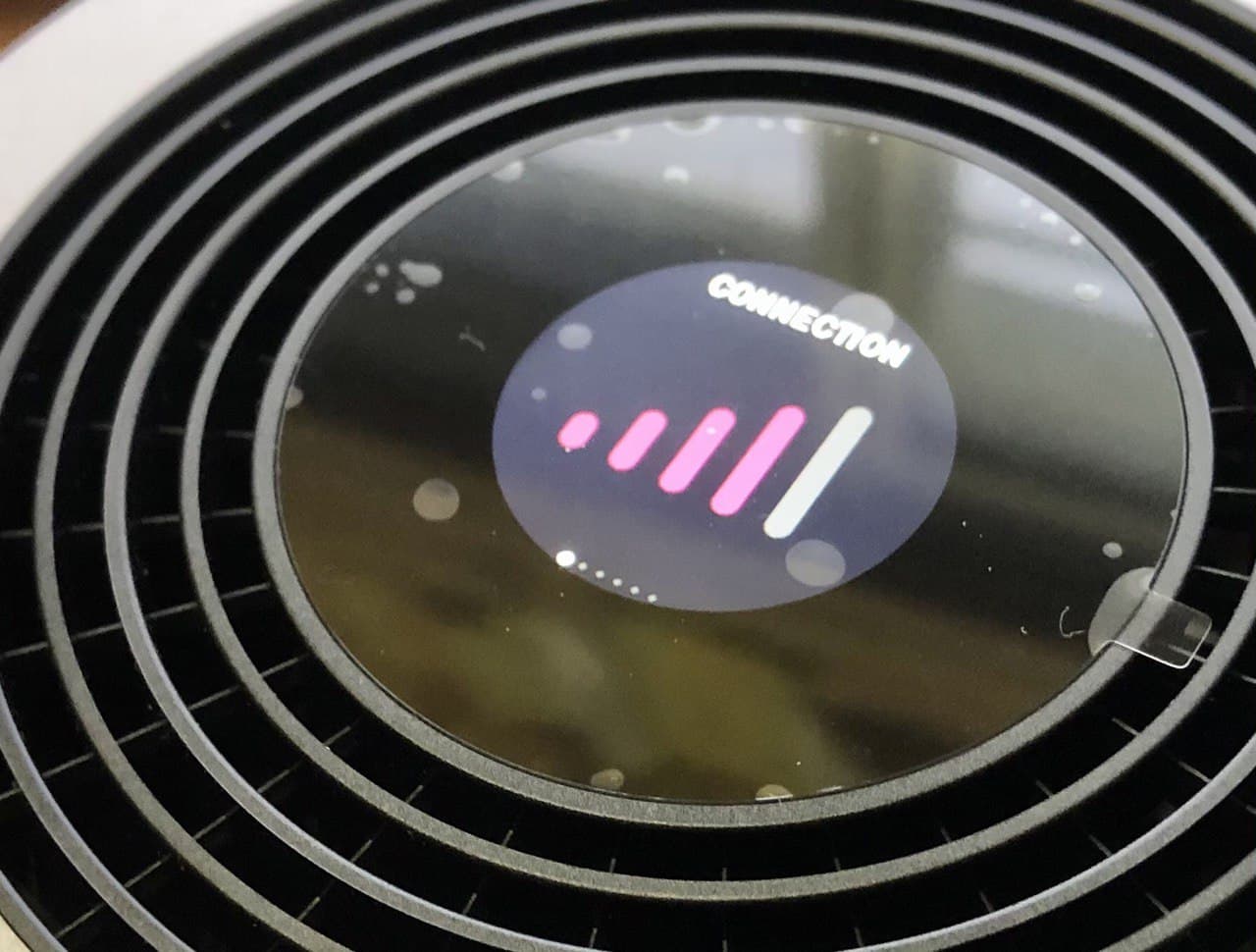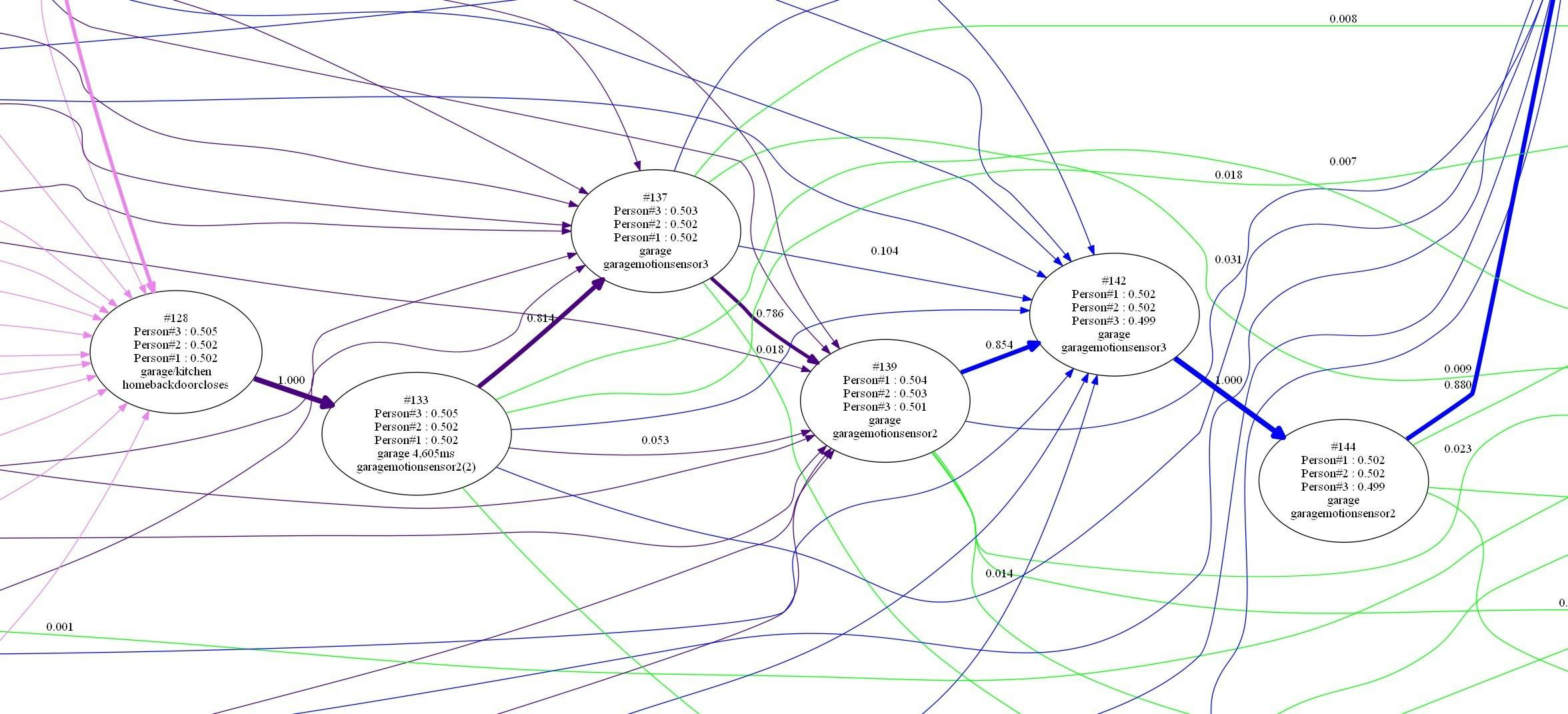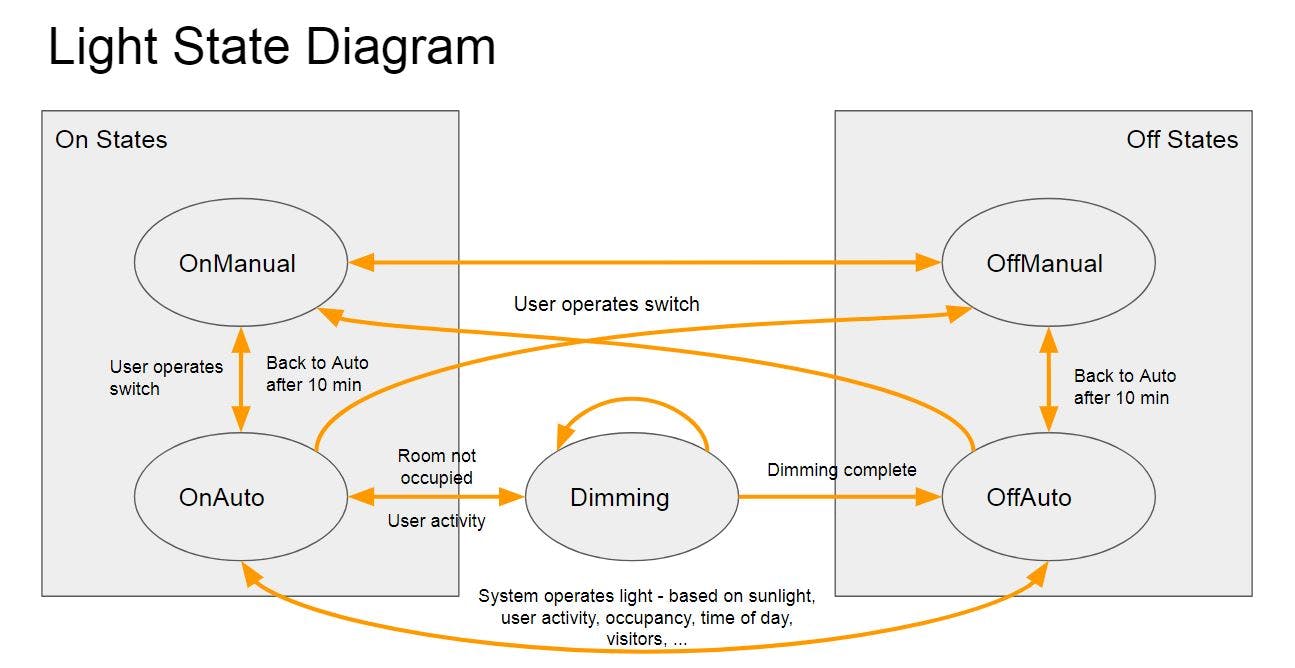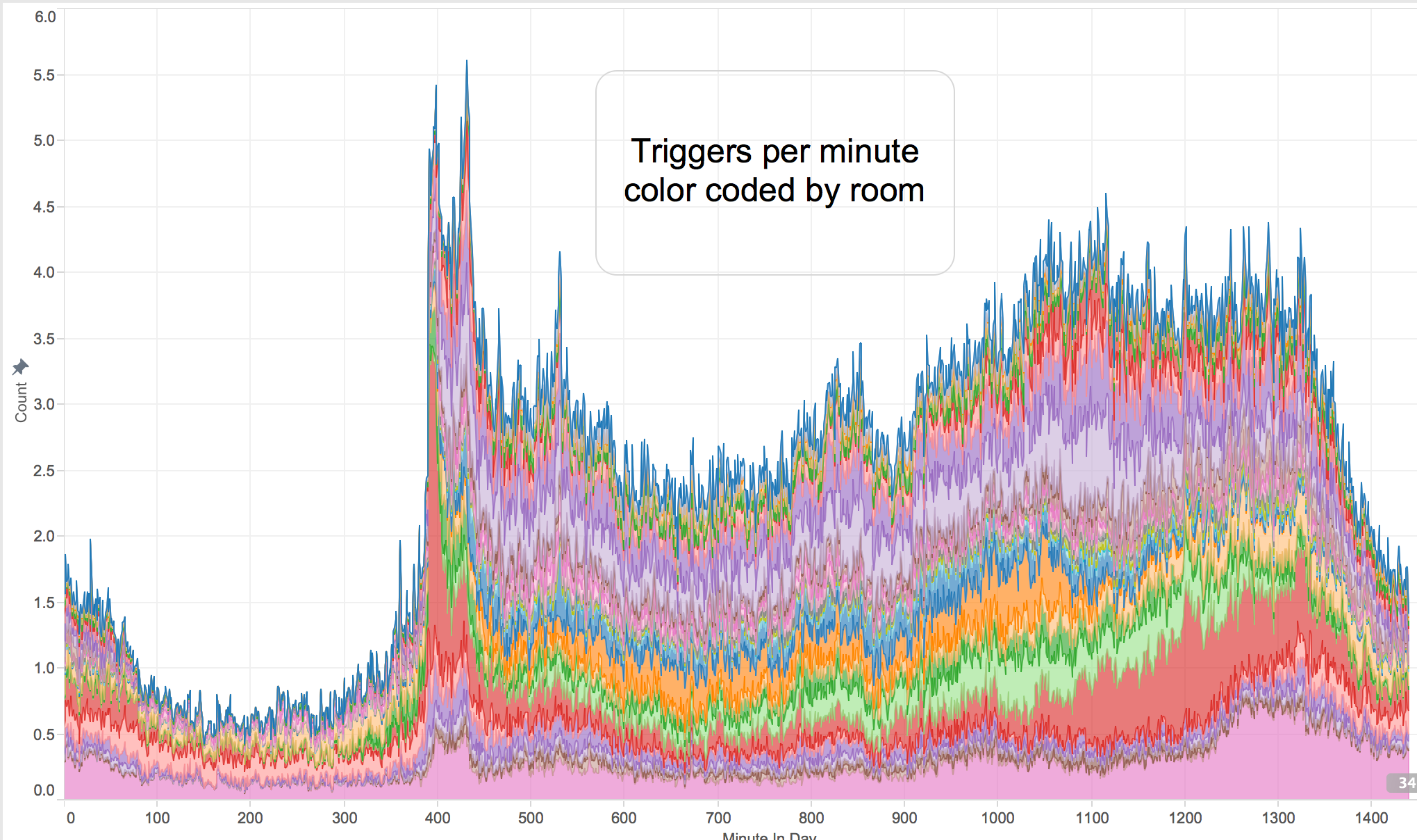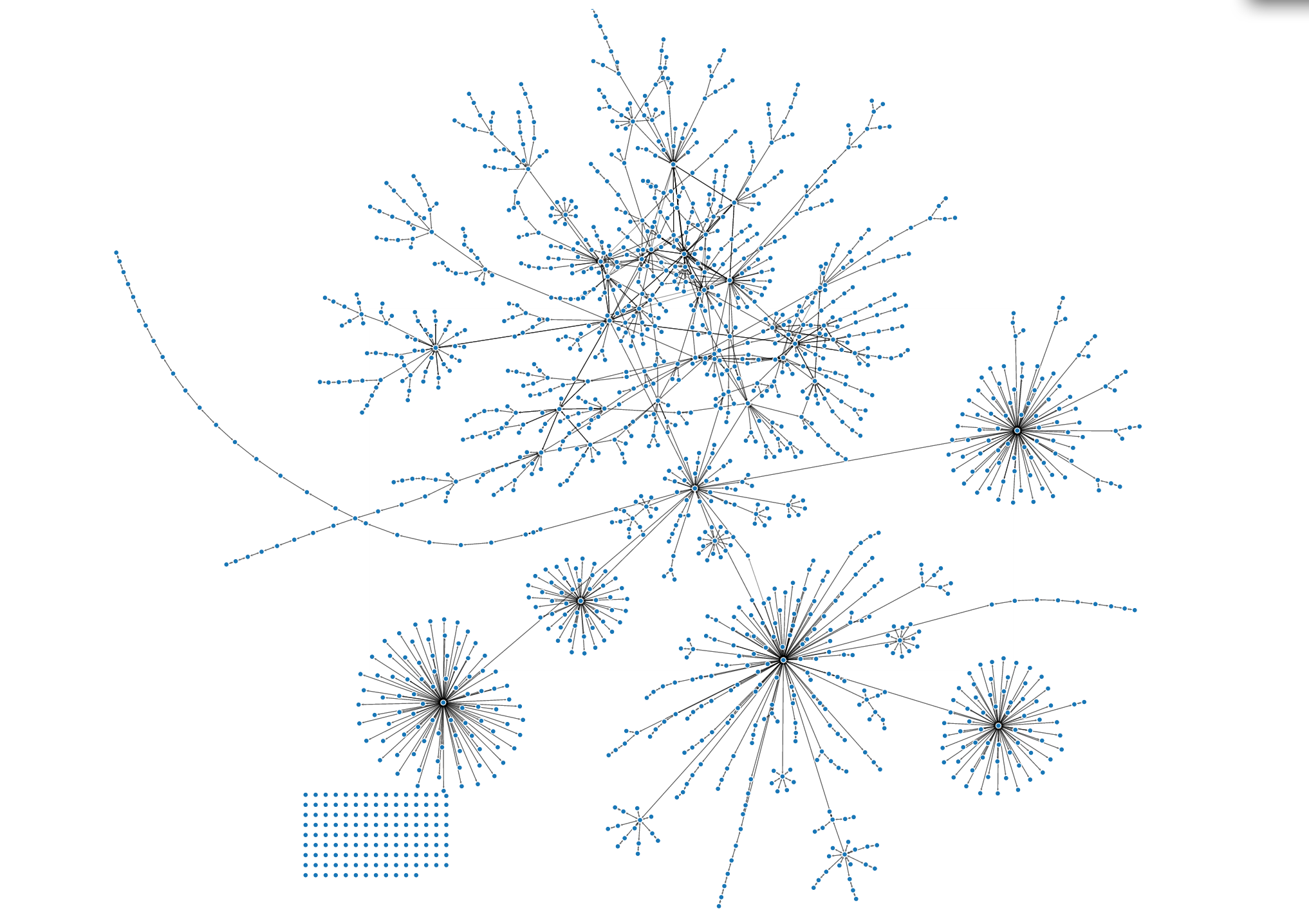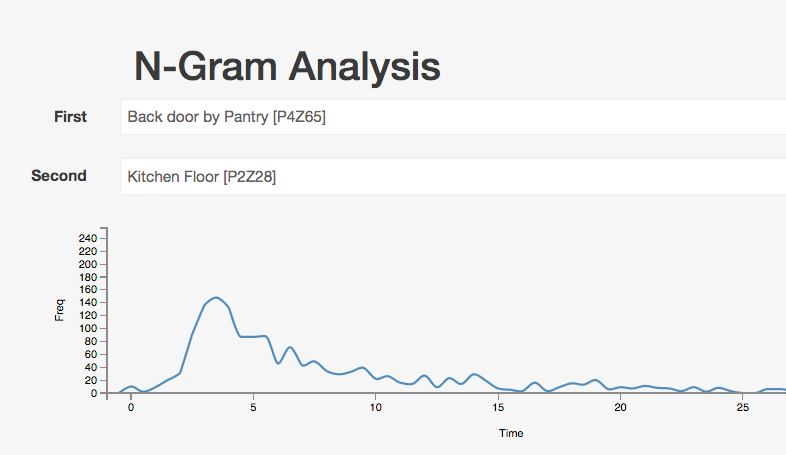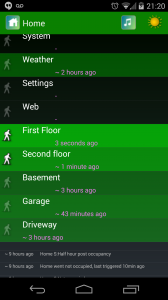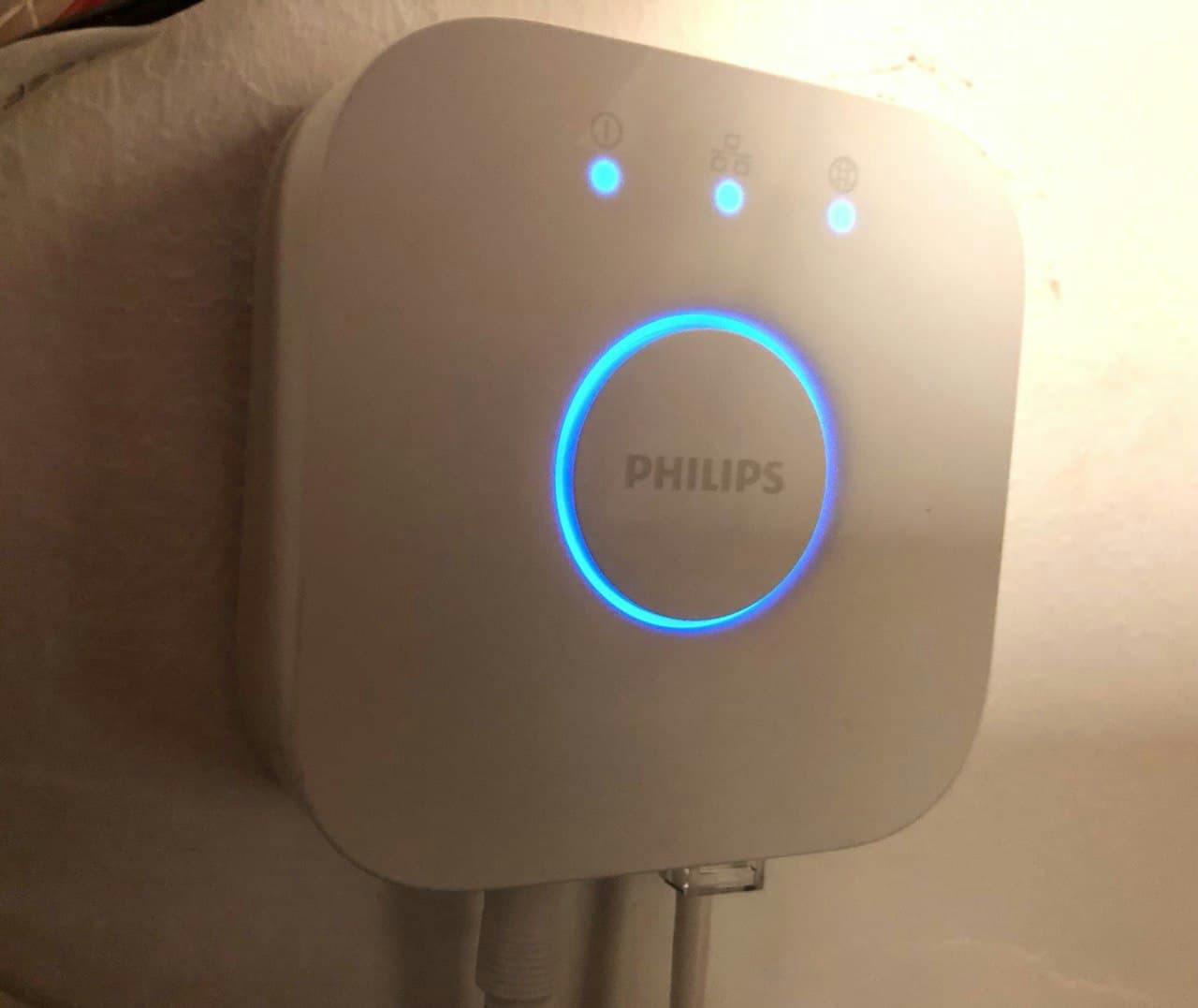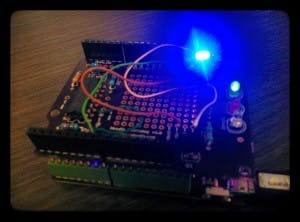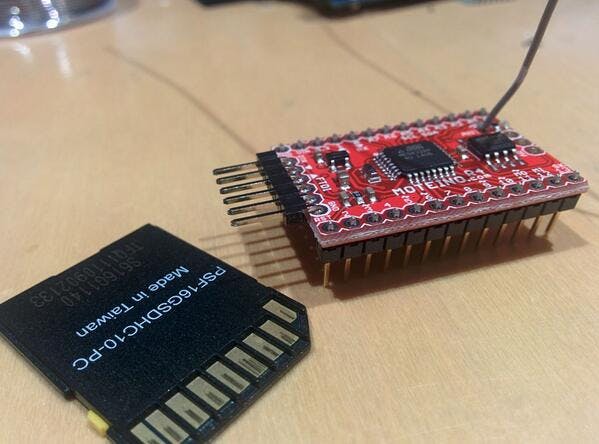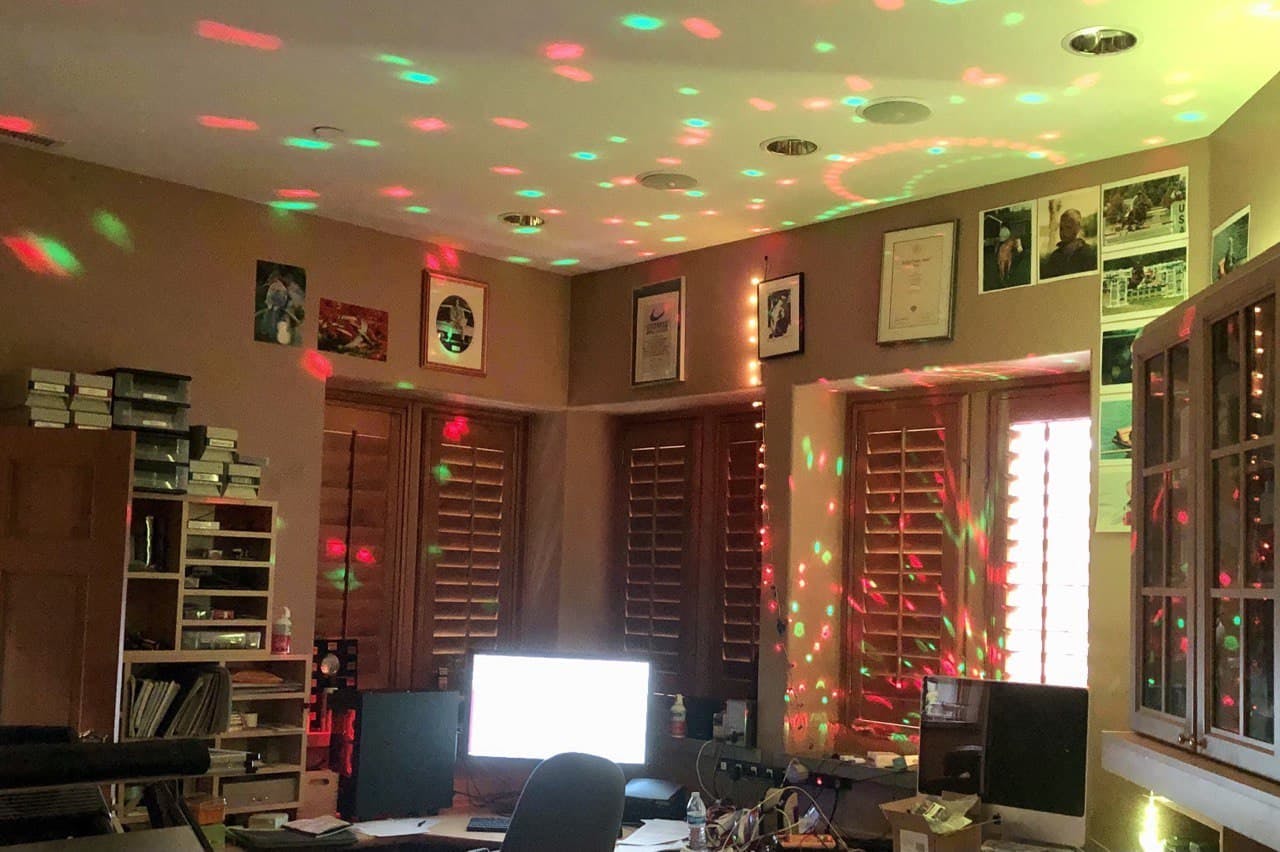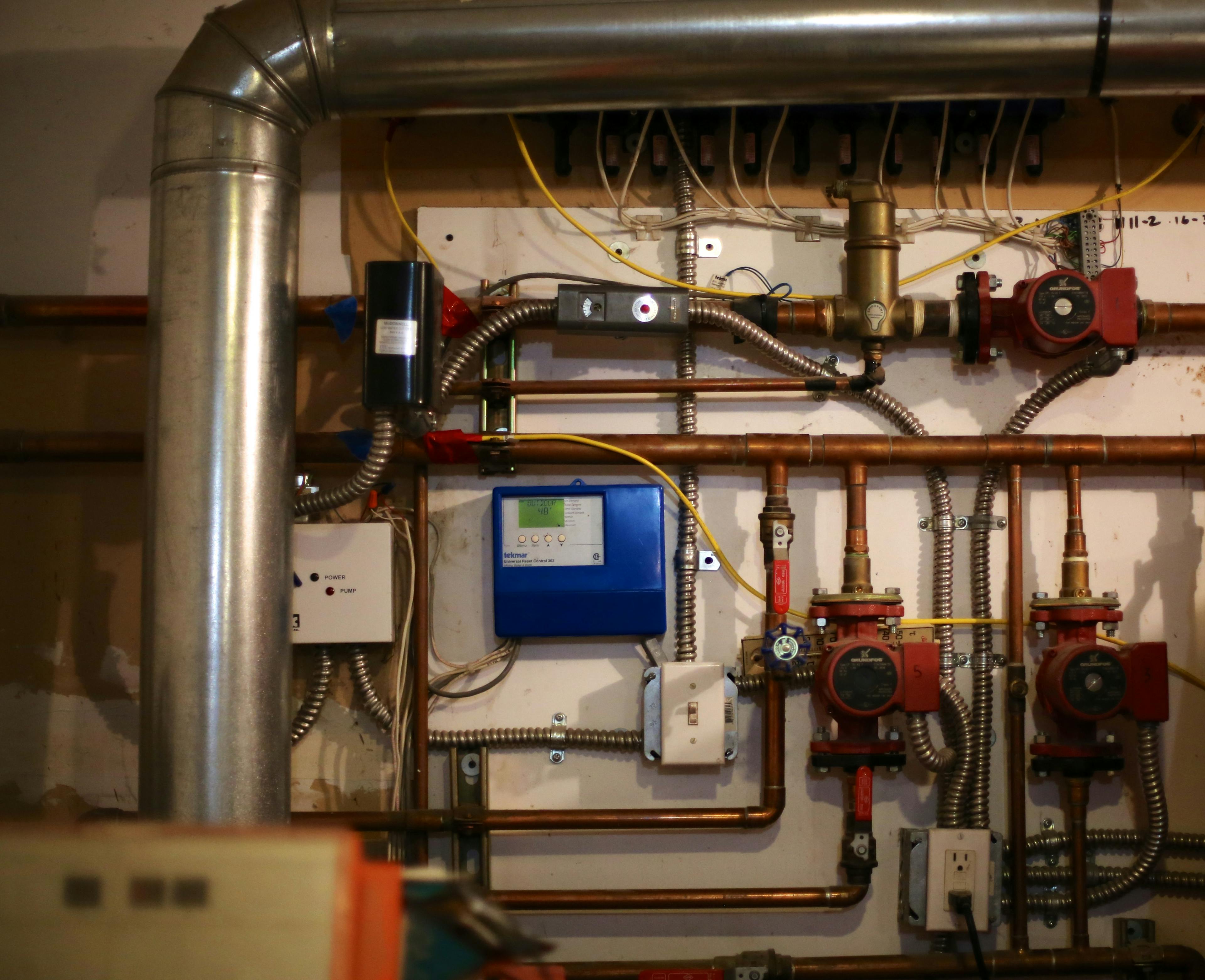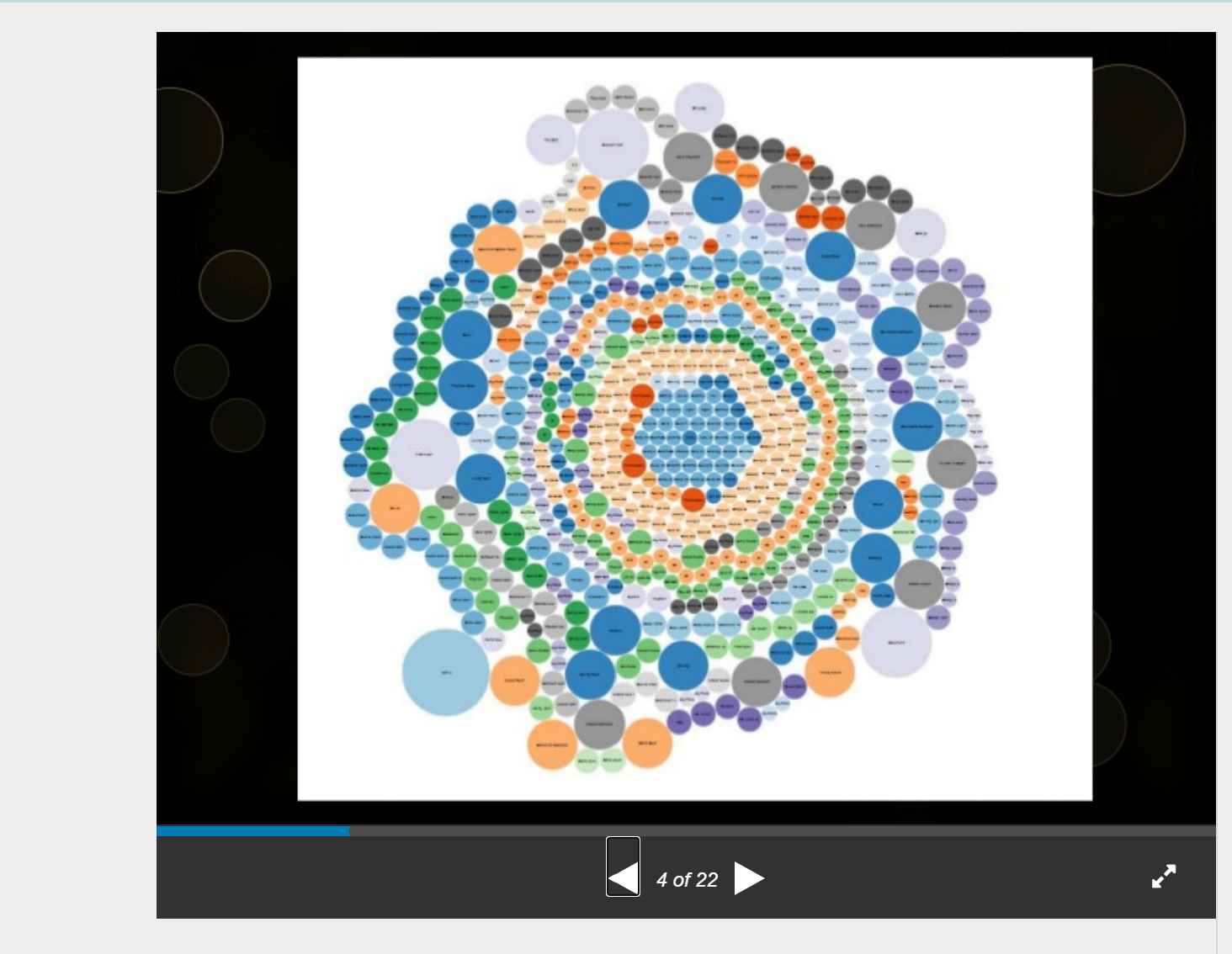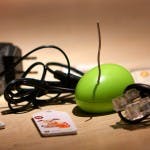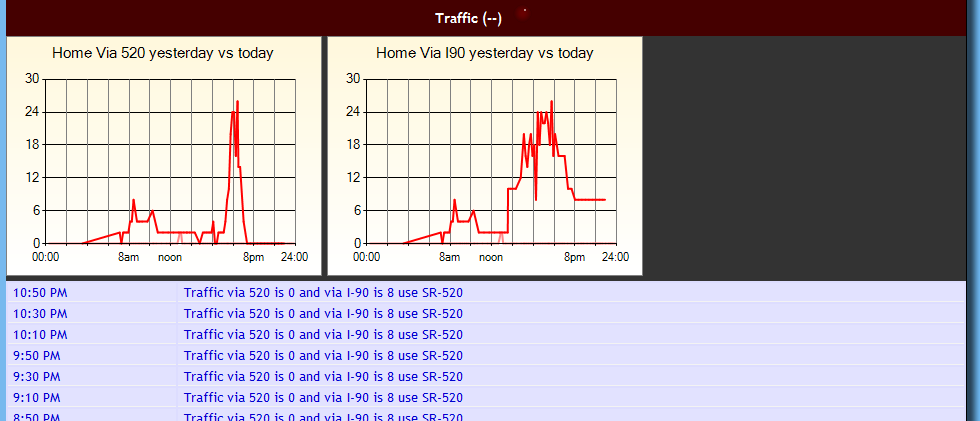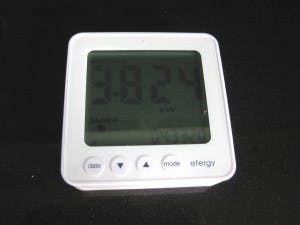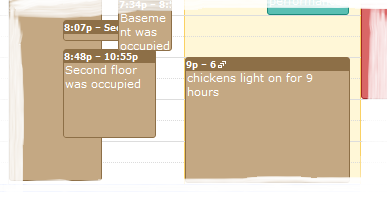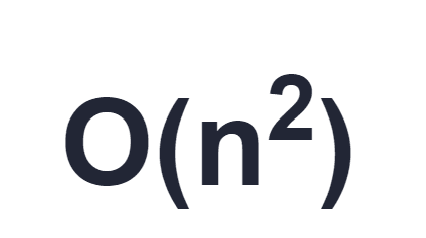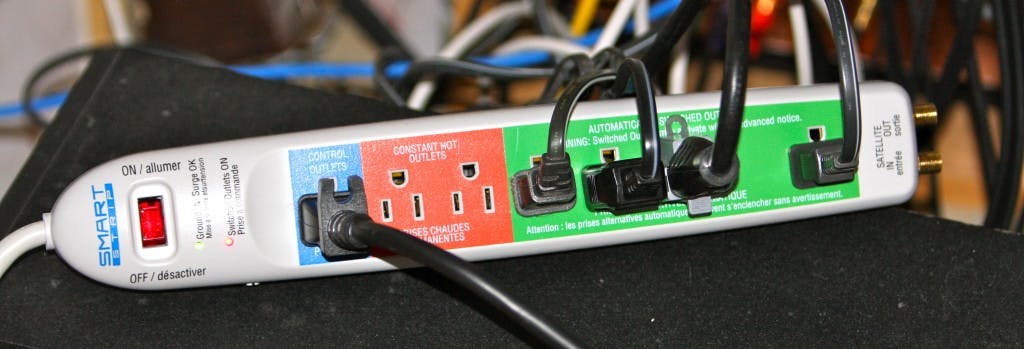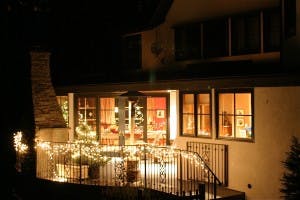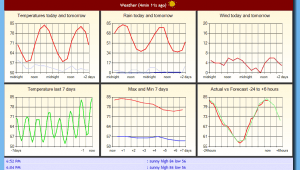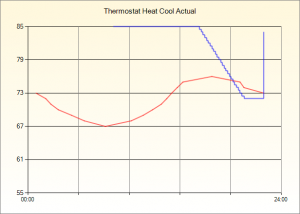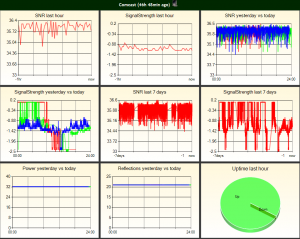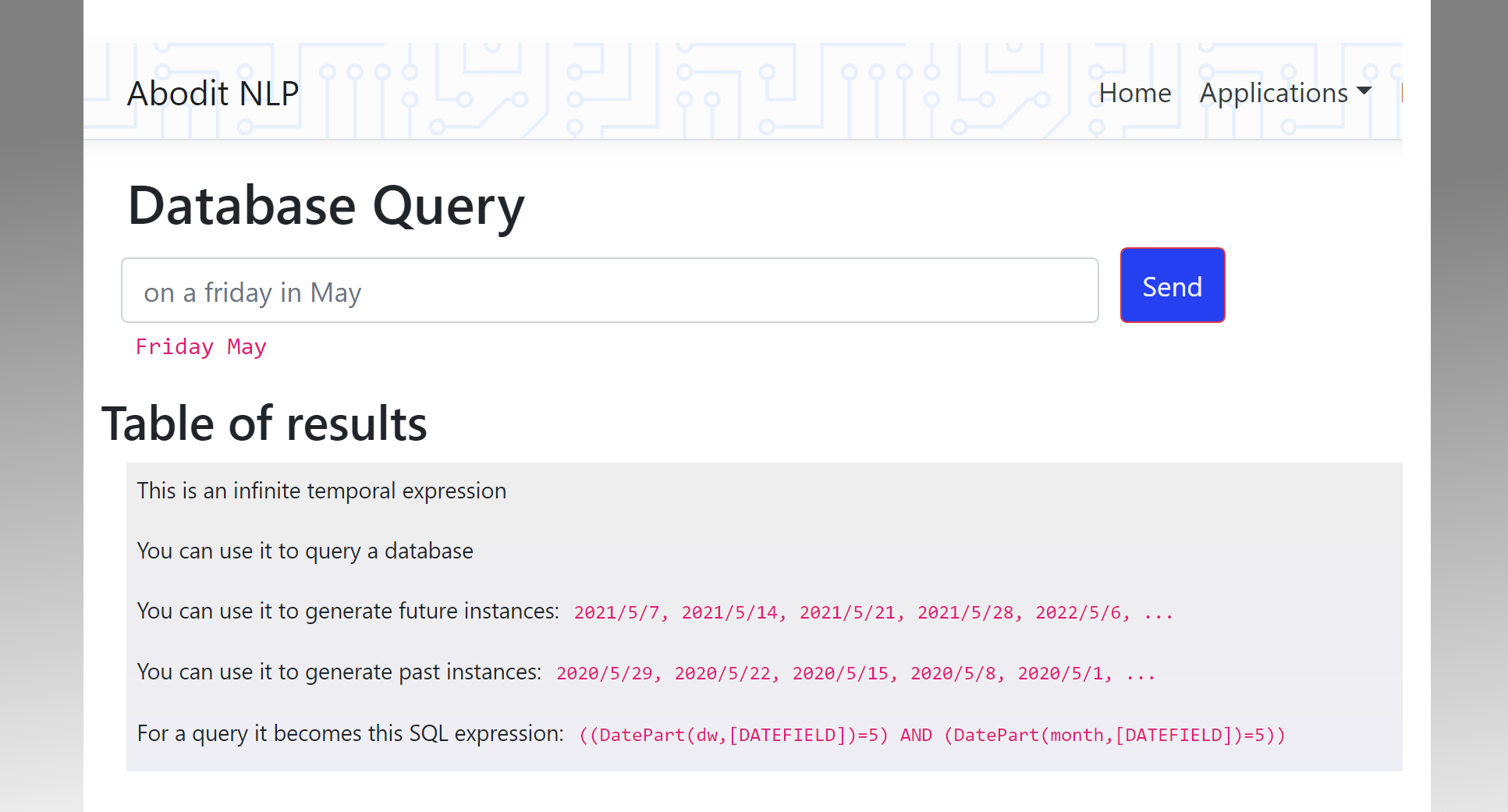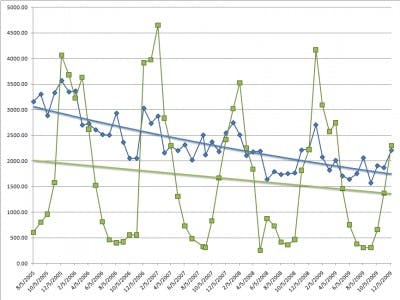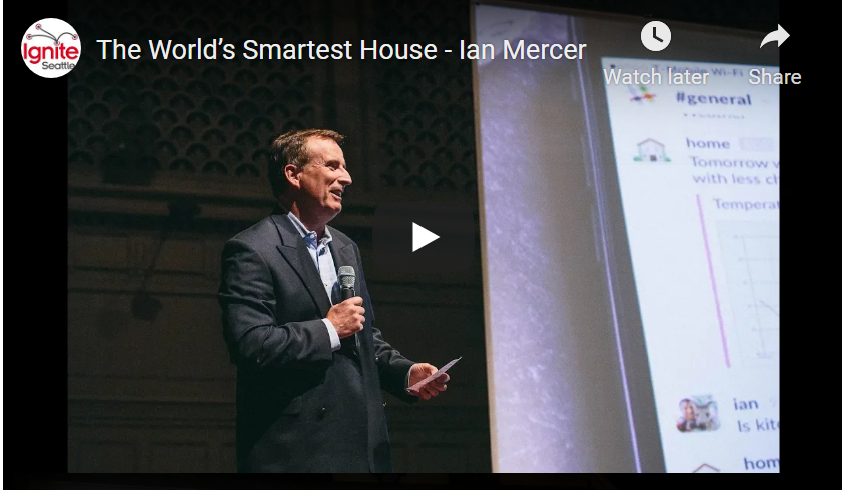How can I tell if my house is smart?
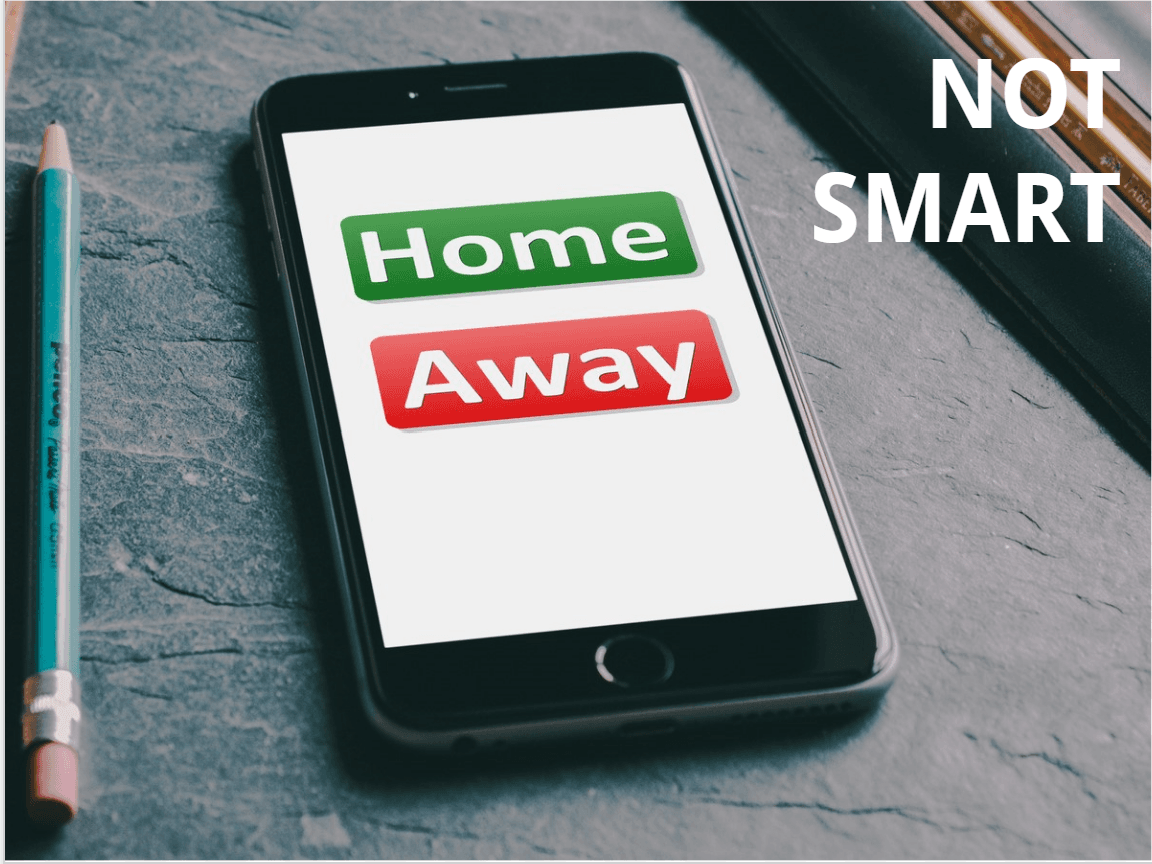
So, you've been sold on the idea of a smart home and are looking at your options. There's one that has gorgeous LCD keypads that you could put in every room for just a few hundred dollars a pop, and look! it says in the brochure that it's "smart". Well, guess, what, if that LCD keypad has options on it like "Home", "Away", or "Entertaining" you are about to purchase what I call a "dumb" or "stupid" home.
A smart home as I define it is one that can act autonomously to increase homeowner comfort, reduce energy consumption and generally just do the right thing.
If you have to repeatedly tell your house to do an action that would be obvious to a human being then it's not smart.
So how is a real smart home different from a dumb home?
Well for starters it has no flashy LCD keypads - they simply aren't necessary - it figures out what to do and does it without being told. Lights come on ahead of you and go off behind you. When you have visitors if knows that and adjusts its behavior accordingly, keeping the house slightly warmer, leaving lights on in areas frequented by visitors, suppressing audible warnings it would normally give, ...
Secondly, it has a much more dense sensor network than a dumb house. To reliably detect occupants and distinguish between homeowners, dinner guests, relatives stopping over, and a full-blown party it needs motion sensors in every room, contacts on every door, a sensor on the driveway to detect cars approaching, ... and more. With this dense sensor network and algorithms that can track each sensor over long periods of time and perform statistical calculations your home can become a whole lot smarter.
Thirdly, it has a whole new programming paradigm. The traditional if-then-else or the even more lame table driven approach to home automation is not going to be sufficient to make your home smart. It needs a whole new language with the expressive power of what I call 'sequential logic blocks' that allow for events to be wired up easily using a fluent, almost natural language approach that hides the complex statistical and timing code that is required by the scenes to make your home smart.
Fourthly, it can remember what it did last night, and the night before than and the month before that and the same time last year! A smart house tracks all of these hundreds of sensors over long periods of time so it can detect trends and can determine what is normal and what is not normal.
Fifthly, it can explain why it did it! Any complex system is going to have unpredictable behavior, that's almost guaranteed in a Goedel-esque kind of way. But when your smart home does something crazy it's no good calling the author and saying 'it went wrong last night, why?' unless the author has what I have in my house which is a log of what happened and an explanation by the house as to why it happened. My house can, for example, explain that it turned the driveway lights off because it was 9PM and there were no visitors at the house and all of the people who lived there appear to be home.
So give your house the test, figure out how smart it is, and if it's anywhere above "really dumb", leave me a note in the comments below.
